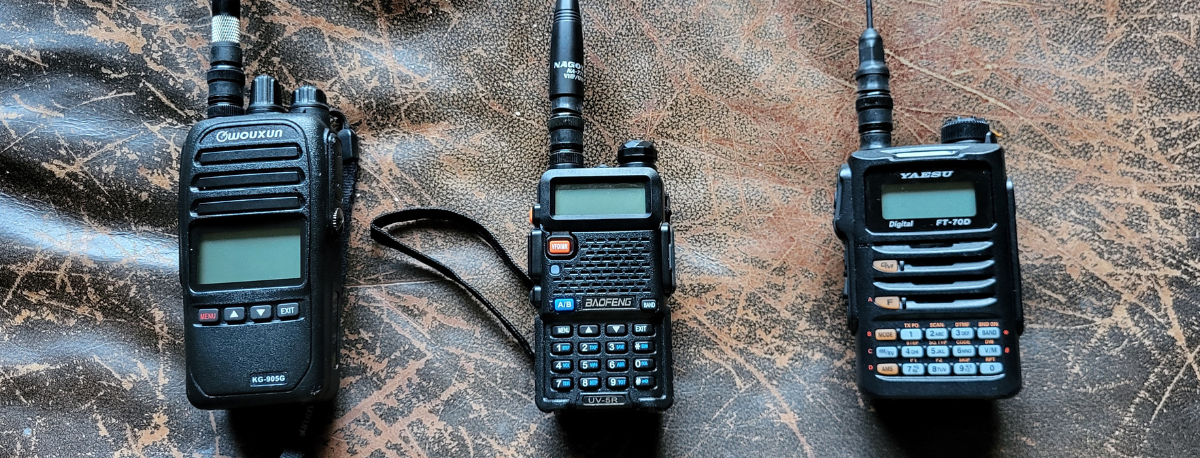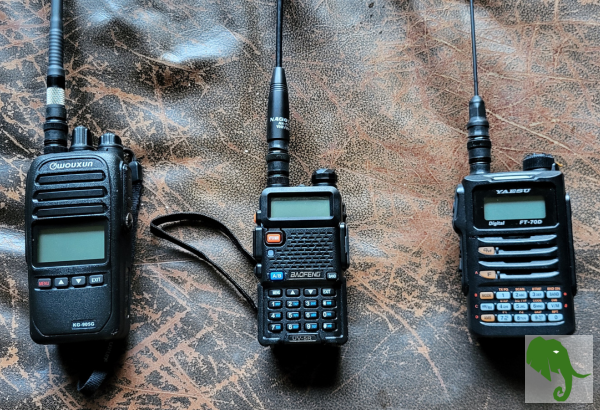
Whether wanting to operate a GMRS or amateur (HAM) radio, you will need to apply for and pay for a license with the FCC. But first, you must register for an FRN for yourself through the FCC. What is an FRN, you ask?
What is an FRN?
An FRN is a 10 digit number that the FCC requires you to have in order to associate any of your FCC licenses back to you. As original as it may not be, ‘FRN’ stands for FCC Registration Number. You will need to register for an FRN whether you plan to operate GMRS or amateur radio, as they both require licenses through the FCC and therefore an FRN to tie back to. An FRN likely extends beyond just talk of GMRS and amateur radio; however, that is the extent in which we will be covering the FRN here. You register and manage your FRN through the FCC’s Commission Registration System (CORES).
Associated Fee
No cost to register for an FRN.
Register for an FRN
Step 1: Go to: https://apps.fcc.gov/cores/userLogin.do
Step 2: Click the Register button to create a new account.
Step 3: Complete the Create New Account form on the FCC User Registration System page by filling in the required form fields and then clicking on the Create Account button at the bottom of the page.
Step 4: Once you submit the form, you should receive an email shortly after. Check your Inbox and Junk mail folders for the email.
Step 5: Verify your email address by clicking on the included link in the email, as indicated.
Step 6: Click on the Go to CORES button on the resulting Email Verification Page.
Step 7: Click on the Register New FRN link within the module on this resulting page.
Step 8: On the resulting FRN Registration – Registrant Type page, indicate whether you are registering as an individual or as an entity. Click Continue.
(NOTES: For this post, we are assuming you are registering as an individual and that you are in the United States. The process may be different for entities. Anything outside of The States is beyond the scope of this post.)
Step 9: Complete the FRN Registration Form. Click Submit.
Step 10: Your FRN should appear on the resulting page after the successful submission of this form. Print the page with your number and/or write your FRN down as you will need to reference it in the future, whether associating licenses to it or testing for your amateur radio license.
Congrats! You should now have an FRN to tie any FCC licensing you obtain back to you.
Managing Your FRN Account
We have spent the majority of this post walking you through the FRN registration process with the FCC since we are trying to help you get to the point of being able to get your GMRS and/or amateur radio licenses. However, there are some things you can do to manage your account after you get it set up.
You can check your financial status with the FCC, update FRN contact information, change your password, associate other FCC usernames with a particular FRN and more.
Note: The FCC will likely set up 2FA, for an additional layer of account security, whereby the system will send a 6 digit code to your phone for you to enter after you have submitted your username and password at the time of logging in.
What’s Next?
Now that you have an FRN, you are all set to start the process of getting a GMRS or amateur radio license. You are going to want to have your FRN on hand when you go to take your license test for amateur radio, so be sure to print off the page or copy your FRN down for that future reference.
Resources
- FCC Registration Login
- Commission Registration System Video Tutorials
- FCC Registration FAQ
- FCC Wireless Licensing Help Center
- FCC Registration Help
Conclusion
Your FRN is your tie to the FCC; and it is their way of tying back to you and keeping track of the licenses you may have and keep up with the fees you have paid and any due. Registering for an FRN with the FCC is your very first step towards getting your GMRS and/or amateur radio license.
Coming up we will discuss the steps to take to get your GMRS license as well as your amateur (HAM) radio license.
Related Content
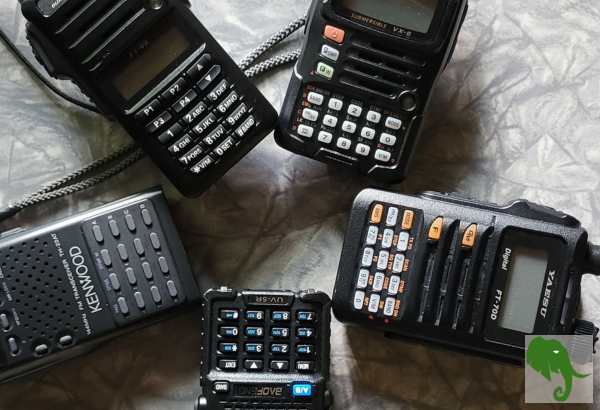
Learning Radio Frequency, Antenna, and Programming Basics
This time we are going to cover the radio frequency, antenna, and programming basics still in context of FRS, GMRS, and amateur radios. If you …
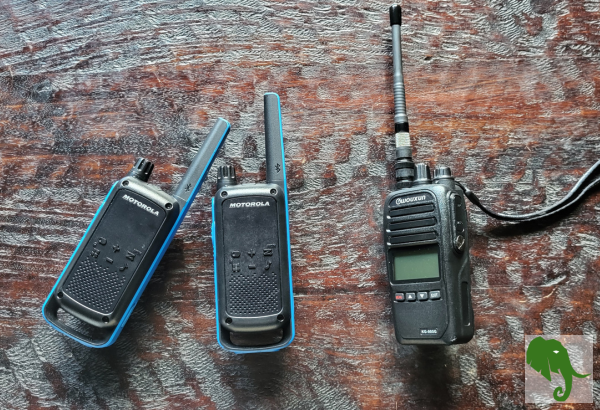
Understanding Basic Radio Terminology and Categories
Whether you’re interested in emergency preparedness, outdoor recreation, keeping a group connected, or just want to be able to communicate when cell networks are unavailable …
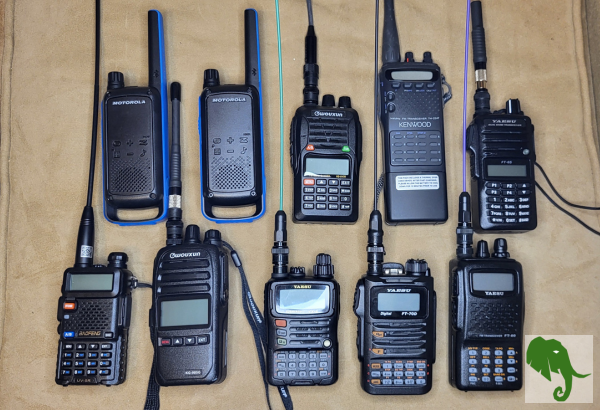
Radios: An Alternative Means of Communication
What if a means of communication that we are all dependent upon is no longer available? In the spirit of becoming better prepared, have you …

Read other OwnGuard Solutions blog posts
Read our other posts centered around being safer and better prepared.

